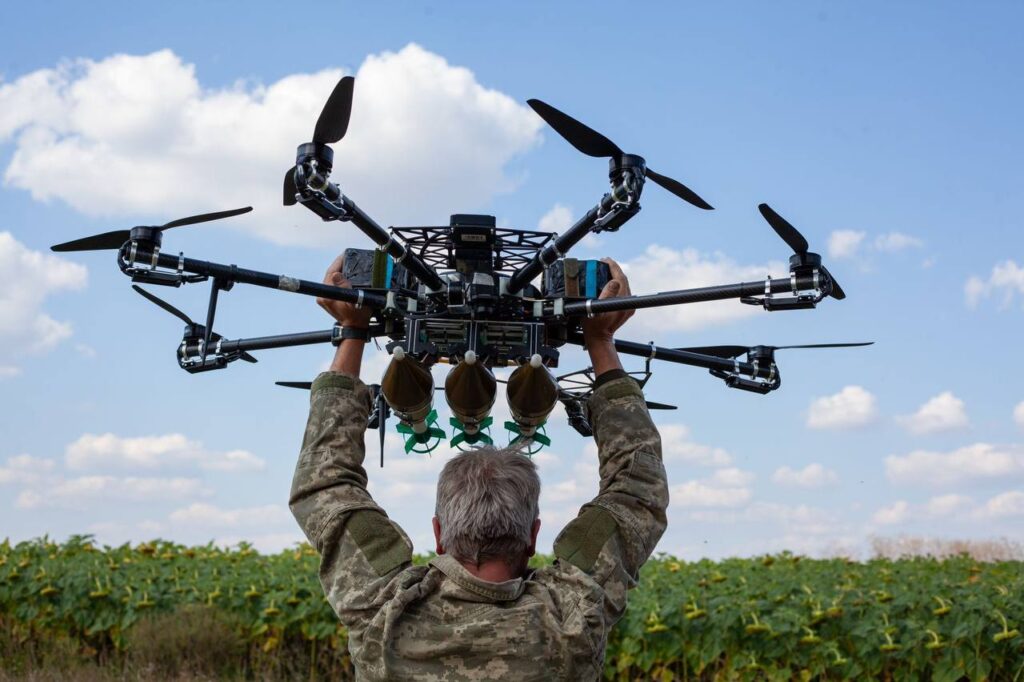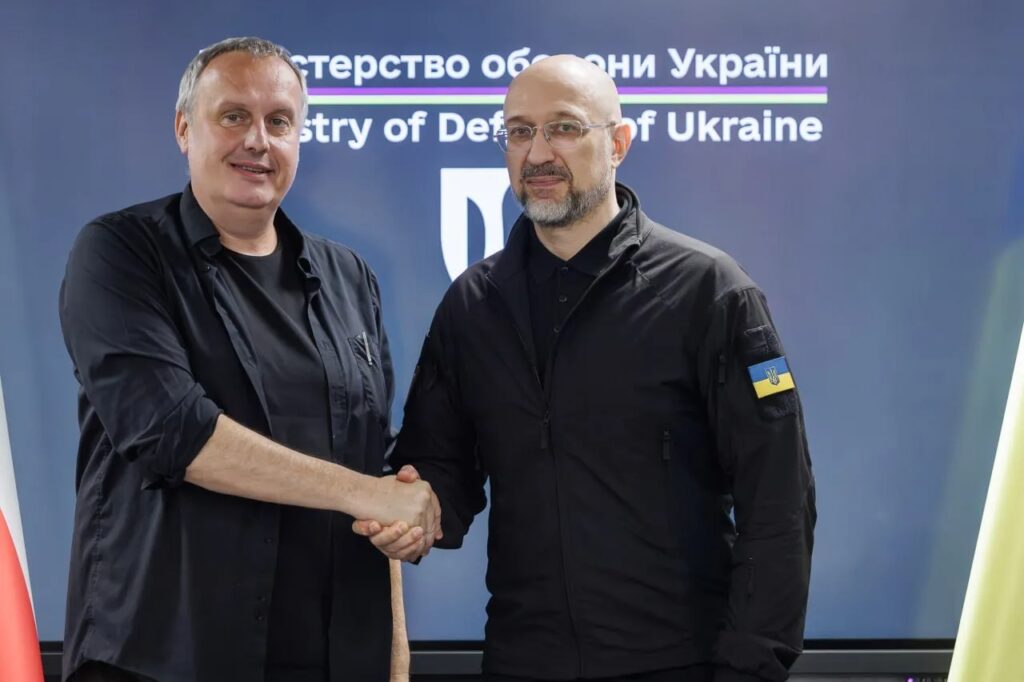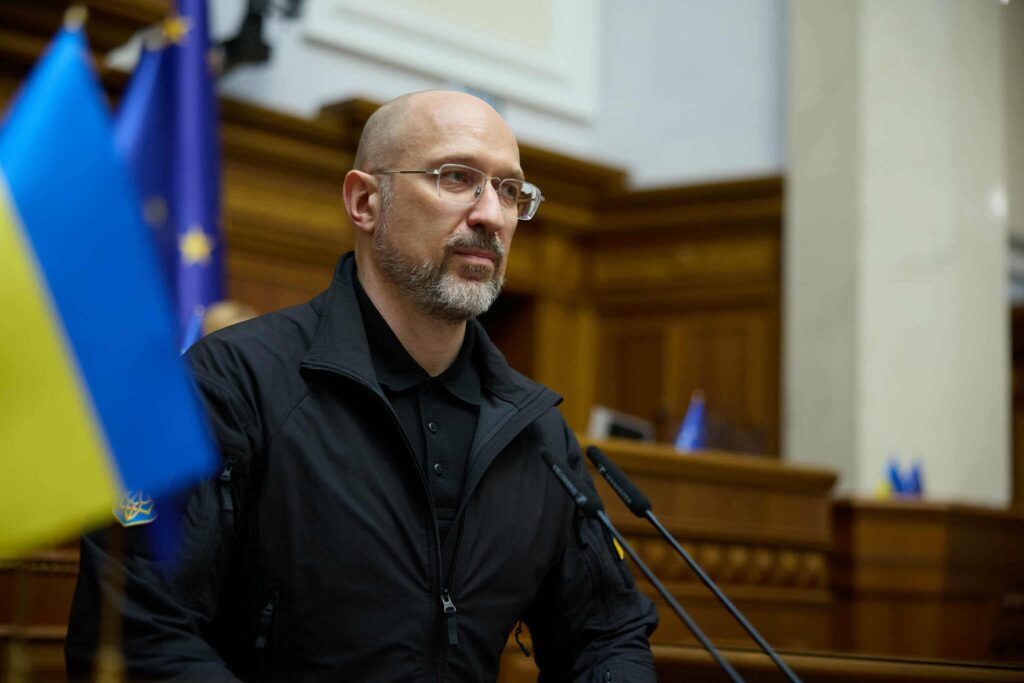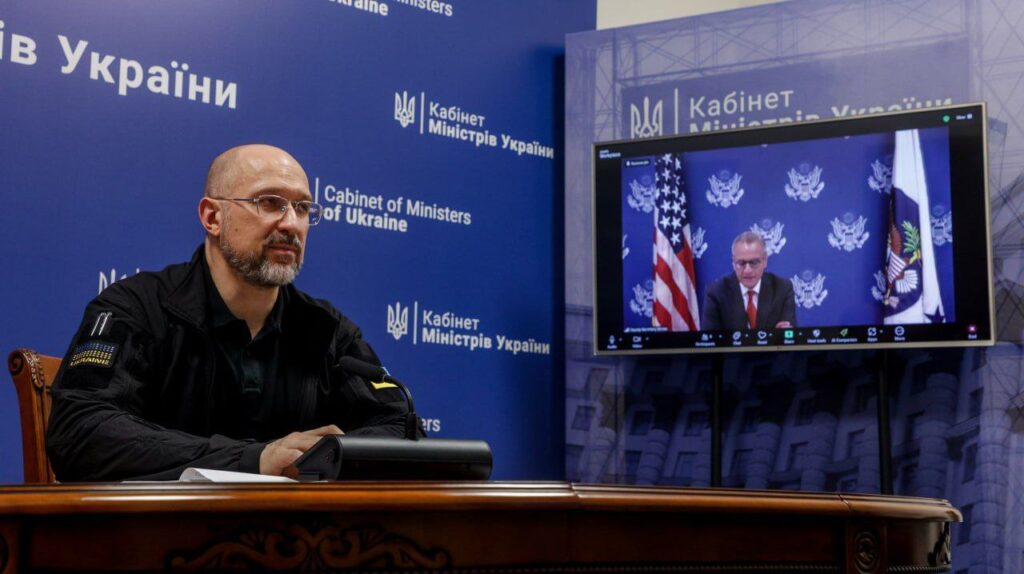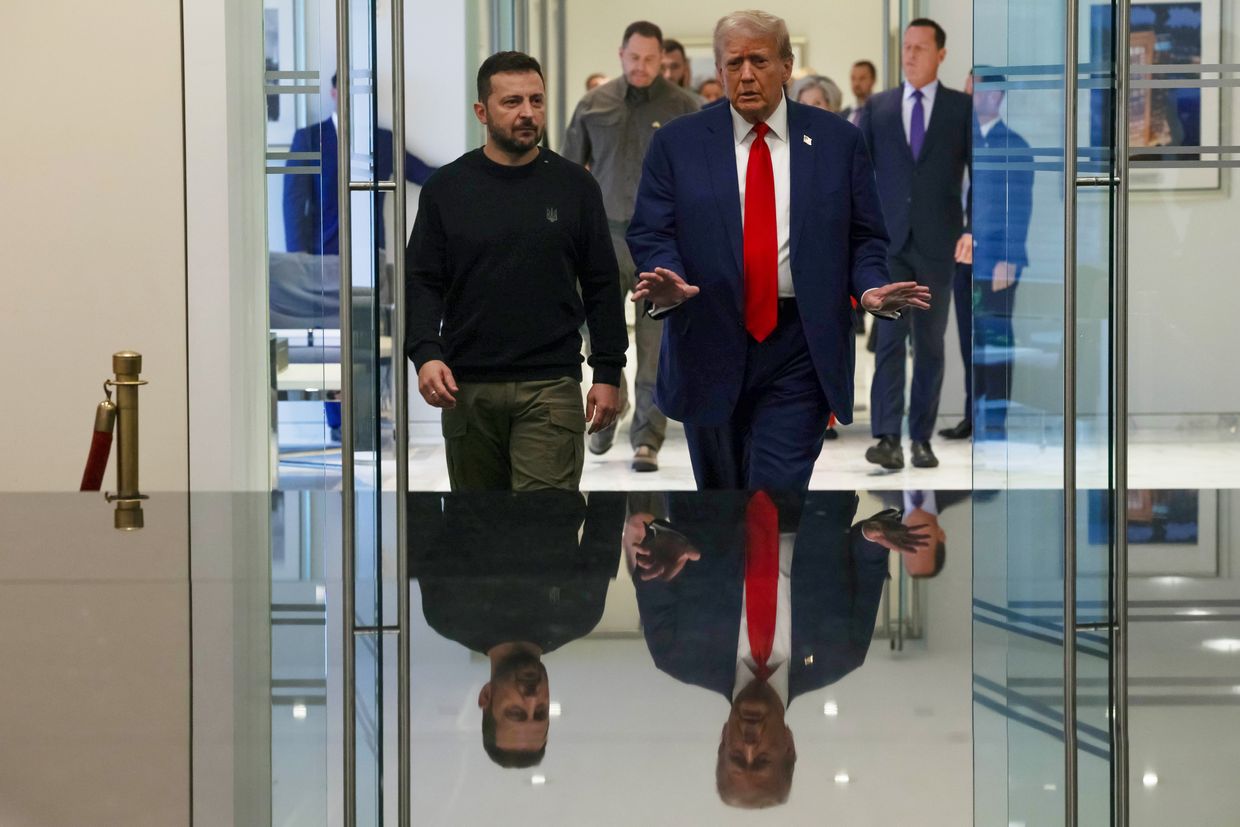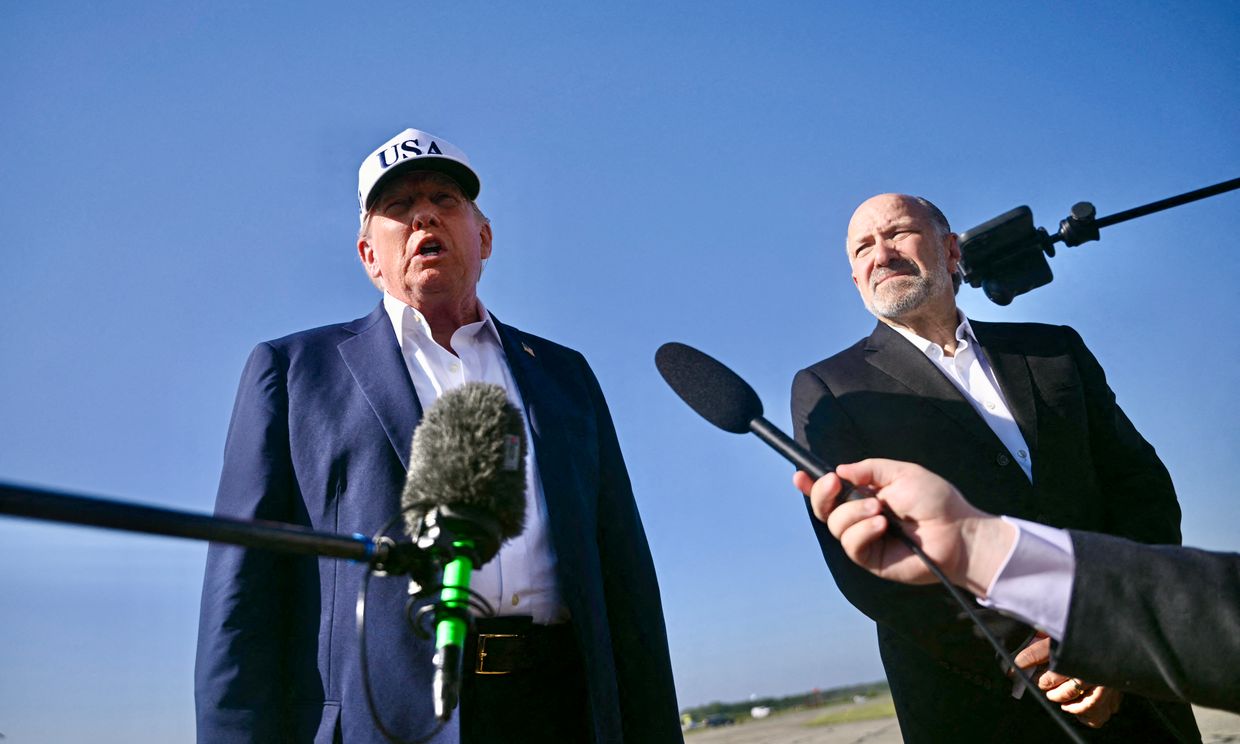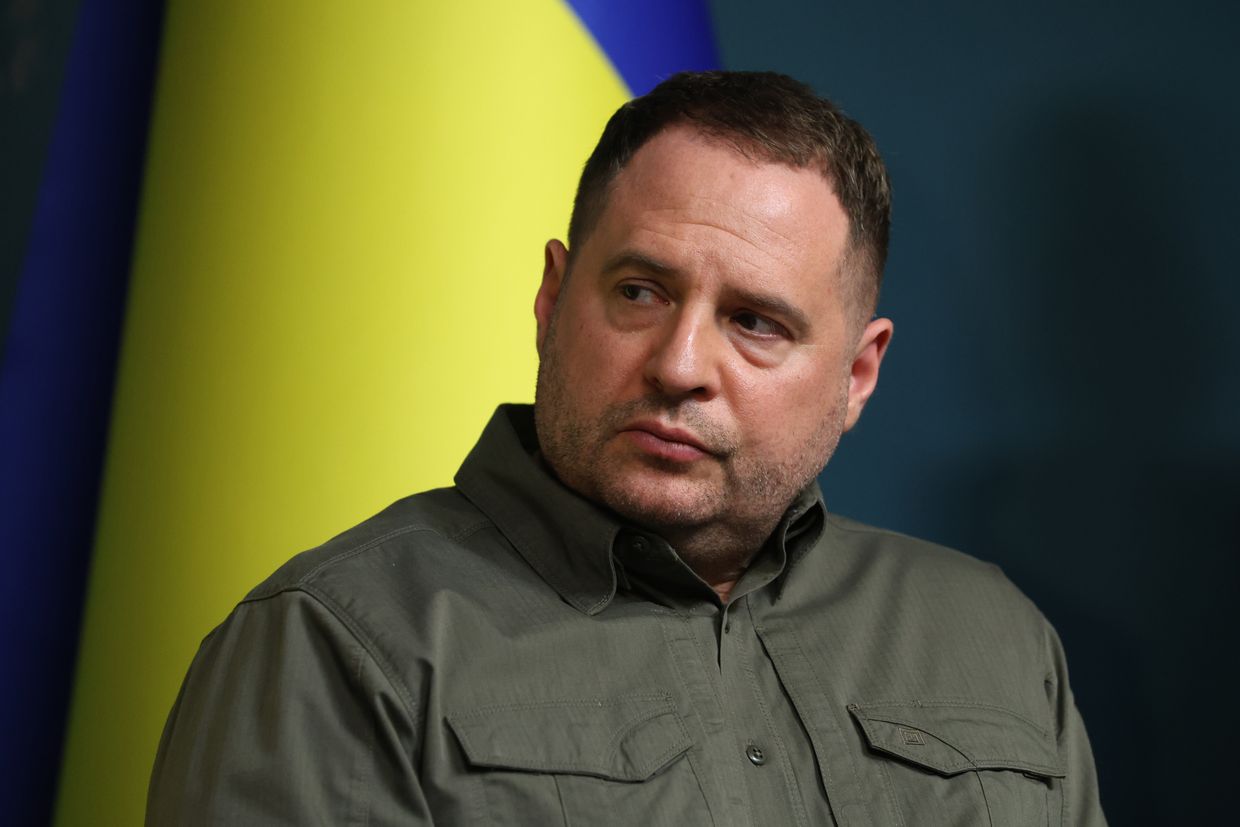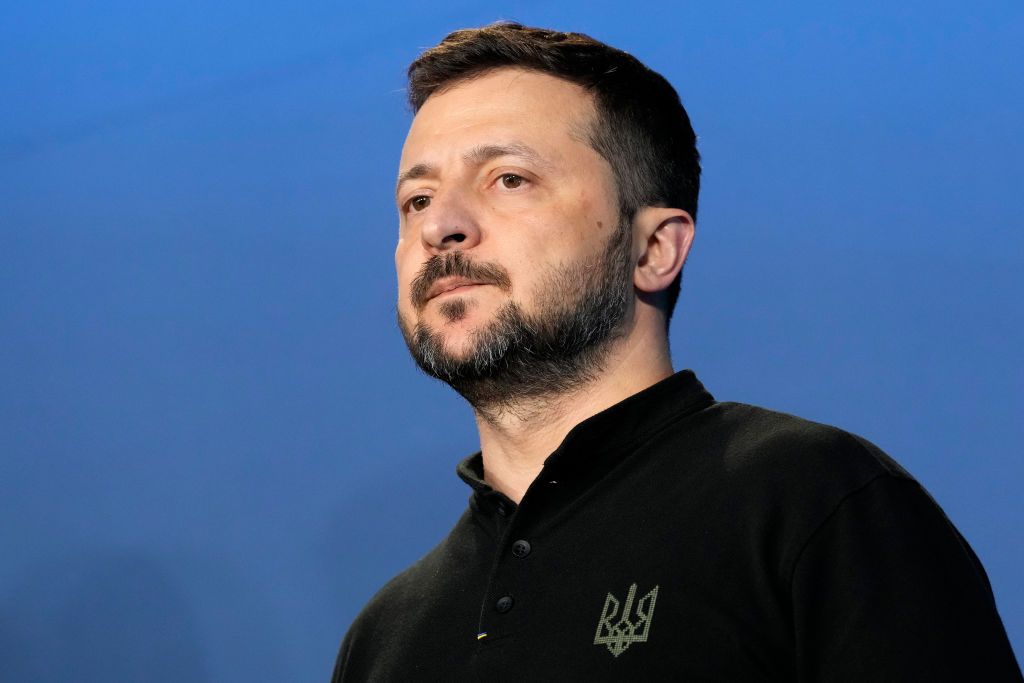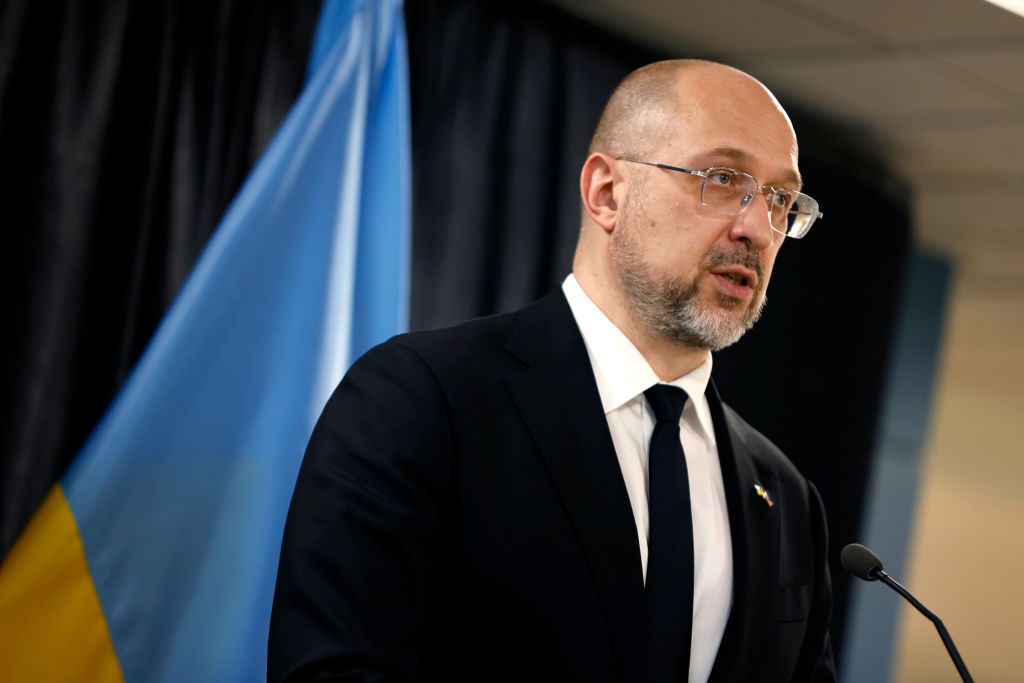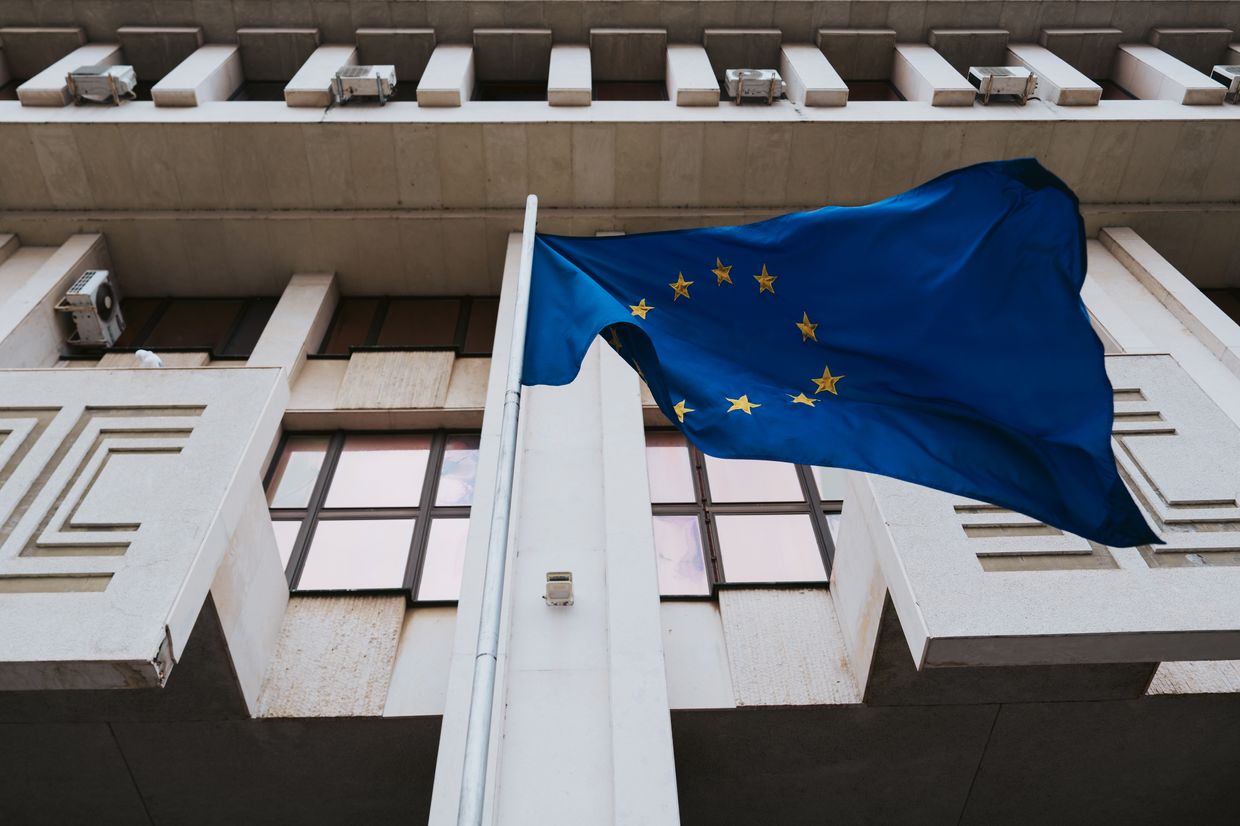
Zelenskyy installs ex-defense minister Umierov to run Security Council
The man once in charge of defense now oversees war tech, arms deals, and talks.
Ukrainian President Volodymyr Zelenskyy has appointed Rustem Umierov to lead the country’s National Security and Defense Council. He takes over the Security Council after stepping down as defense minister in a wartime Cabinet reshuffle, and will now oversee arms deals, tech coordination, and peace negotiations.
Umierov led Ukraine’s Defense Ministry for almost two years amid the ongoing full-scale Russian invasion. The National Security and Defense Council of Ukraine — known as RNBO — is the executive coordination body under the president, tasked with shaping and directing national security and defense policy.
Umierov replaces Lytvynenko in key wartime reshuffle
Zelenskyy signed the decree appointing Umierov secretary of the Security Council on 18 July, according to the presidential website. He replaces Oleksandr Lytvynenko, who had held the position since 26 March and is now reportedly being considered for an ambassadorial role in Serbia, Forbes reports, citing a government source speaking anonymously due to the sensitivity of the issue.
Umierov had served as defense minister since 6 September 2023 until his dismissal on 17 July 2025. That same day, former Prime Minister Denys Shmyhal was appointed Ukraine’s new defense minister.
Yuliia Svyrydenko was appointed Prime Minister, with new ministers named across the government. Zelenskyy emphasized that the new cabinet must ensure Ukraine’s defenders have confidence in reliable supply, and that boosting internal economic potential would support that goal.
Umierov was floated for a US ambassador role, but Kyiv opted to keep him in command. Forbes says Washington “did not reject” his candidacy, though it likely preferred he remain in Ukraine’s negotiation track. Olha Stefanishyna now serves as special envoy to the US.
Weapons, tech, and coordination now fall under Umierov
In a post on X, Umierov confirmed his appointment and outlined his top priorities in his new role.
“Coordination and control of the security and defense sector,” he wrote, adding that an audit will be conducted on the implementation of decisions made by the Headquarters of the Supreme Commander-in-Chief.
He pledged to coordinate all arms deliveries, joint production, and sensitive international defense partnerships.
“I remain in constant dialogue with our international partners,” he said, referring to critical yet discreet defense agreements.
Umierov also stated he would fully restore the operation of the Technological Command Post to accelerate front-line modernization and battlefield tech innovation. One of the primary missions now under his oversight is the synchronized execution of orders across all components of Ukraine’s defense system.
Umierov to run Security Council and peace track
Umierov’s responsibilities also include overseeing the negotiation track.
“Ukraine consistently advocates for a just peace — and we are working to achieve it in close coordination with our allies,” he wrote.
RFE/RL reports that Zelenskyy met with Umierov on 18 July to discuss the new leadership tasks. Among the key priorities mentioned by the president was “more dynamics” in implementing the agreements with Russia reached during the second summit in Istanbul.
The president referred to failed ceasefire negotiations with Moscow under US President Donald Trump’s pressure. It is not immediately clear, what the “reached agreements” Zelenskyy implied – the only tangible outcome of the talks was prisoner exchanges.
Zelenskyy also tasked Umierov with continuing weapons coordination with Ukraine’s partners, fully implementing all supply agreements, and advancing new projects for joint arms production and defense manufacturing facilities on partner territory.
According to the president’s office, Umierov is expected to strengthen the format of the technological headquarters, enforce decisions delayed in execution, and ensure full compliance across the defense and security sectors.
You could close this page. Or you could join our community and help us produce more materials like this.
We keep our reporting open and accessible to everyone because we believe in the power of free information. This is why our small, cost-effective team depends on the support of readers like you to bring deliver timely news, quality analysis, and on-the-ground reports about Russia's war against Ukraine and Ukraine's struggle to build a democratic society.
Become a patron or see other ways to
support.
